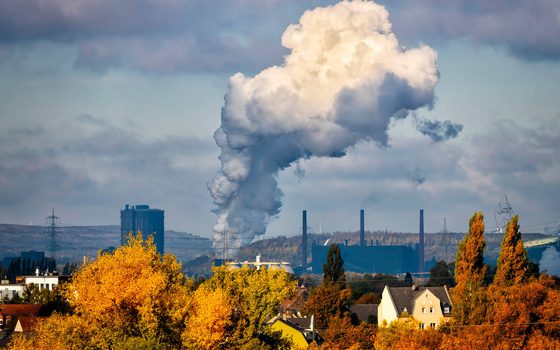We must build a future that puts people first and allows us to feel hope again
An update from NEF’s chief executive, Miatta Fahnbulleh.
28 March 2020
This is a time of anxiety and physical distancing, but also – as this week’s Clap for Carers showed – a time for solidarity and helping each other.
At the New Economics Foundation we are now working remotely from our homes, and adjusting our work to respond to the constraints and demands of the Covid-19 crisis. We are dividing our response into two phases: the immediate and the longer-term.
Immediate response
Here we are focusing on pushing the government to go further in supporting people’s welfare at this precarious time. I was one of 98 economists and academics who called for extended support for the self-employed, for better protection for workers, and for expansion of social security and the immediate removal of means-testing from current payments. We will be publishing more detailed proposals in the coming weeks, aimed at ensuring all of us – with no exceptions – are supported through the crisis.
Starting next month, NEF will be producing resources to analyse and explain what’s going on, including a special series of our Weekly Economics Podcast and interactive video briefings led by our experts. And we’ve added a new section to our website where you can find all our coronavirus response work.
Longer-term response
The immediate situation is serious and dangerous, but we can still act together to create a better future. We have no other choice: Covid-19 will fundamentally reshape the economy. This means there is no going back. Nor should we go back: the policy mistakes of the past, above all austerity and privatisation, have left us more vulnerable to shocks like coronavirus.
We have long argued that the role of the economy is to serve society, not the other way round. Now is the time to make good on that.
So we’ll be working with our allies and partners on a recovery plan that provides us all with access to things we really need to live a good life – such as quality housing, healthcare and social care – and that responds to the long-term crisis of climate change. At NEF we have long argued that the role of the economy is to serve society, not the other way round. Now is the time to make good on that.
The coming months will be incredibly hard. There is something particularly cruel about a condition that calls for both social solidarity and social distancing. But I am inspired by collective responses such as the proliferation of mutual aid groups across the country, and the numbers coming forward to be NHS volunteers. And I am determined that we build a future that puts people first and allows us to feel hope again.
Image: iStock
Campaigns Coronavirus response






